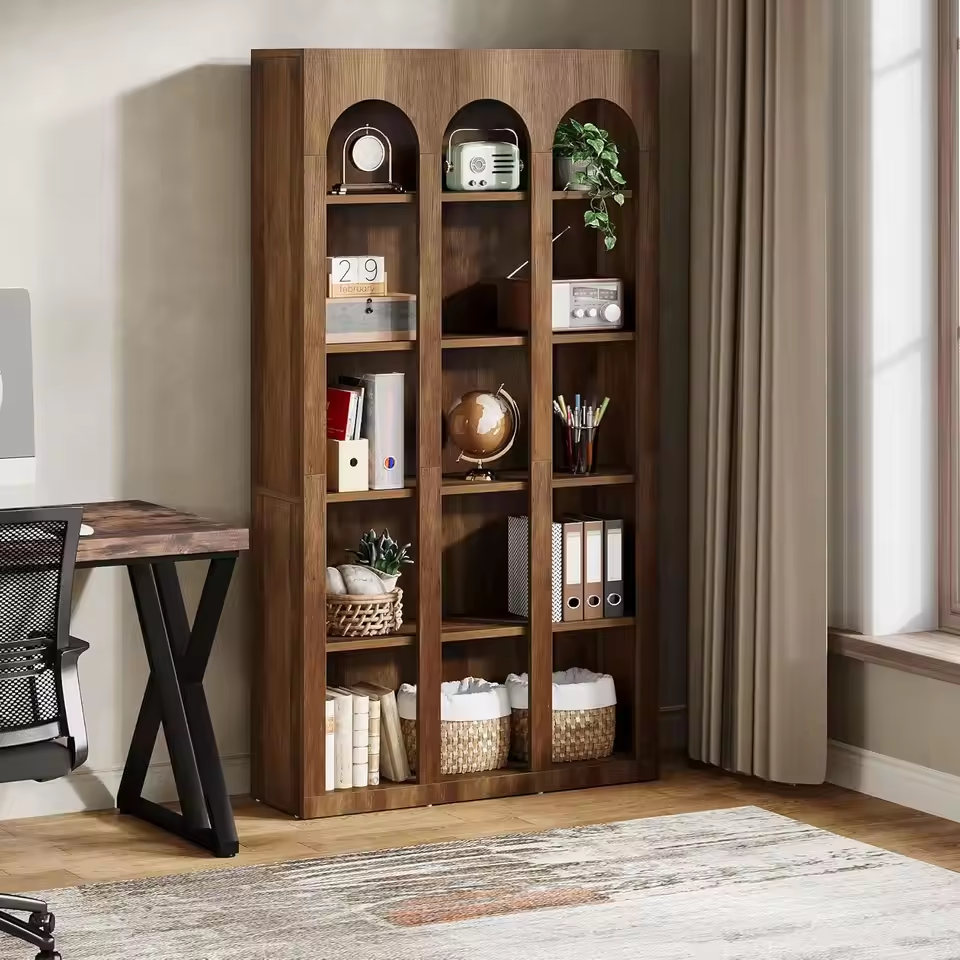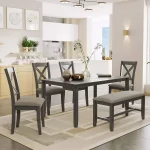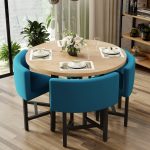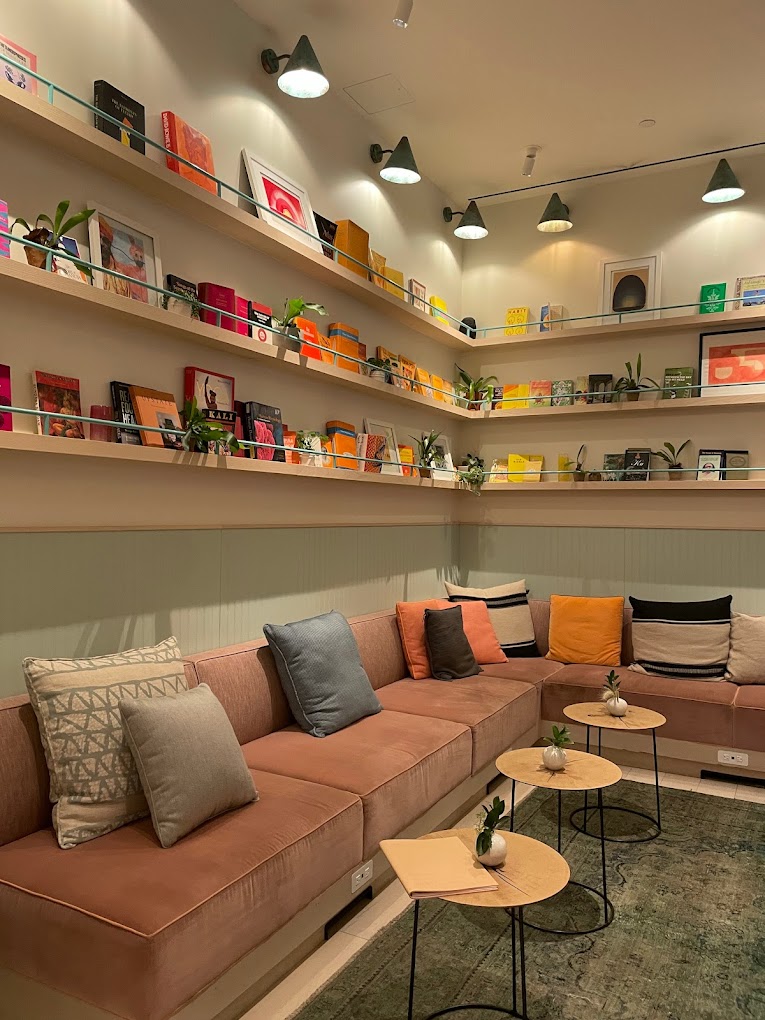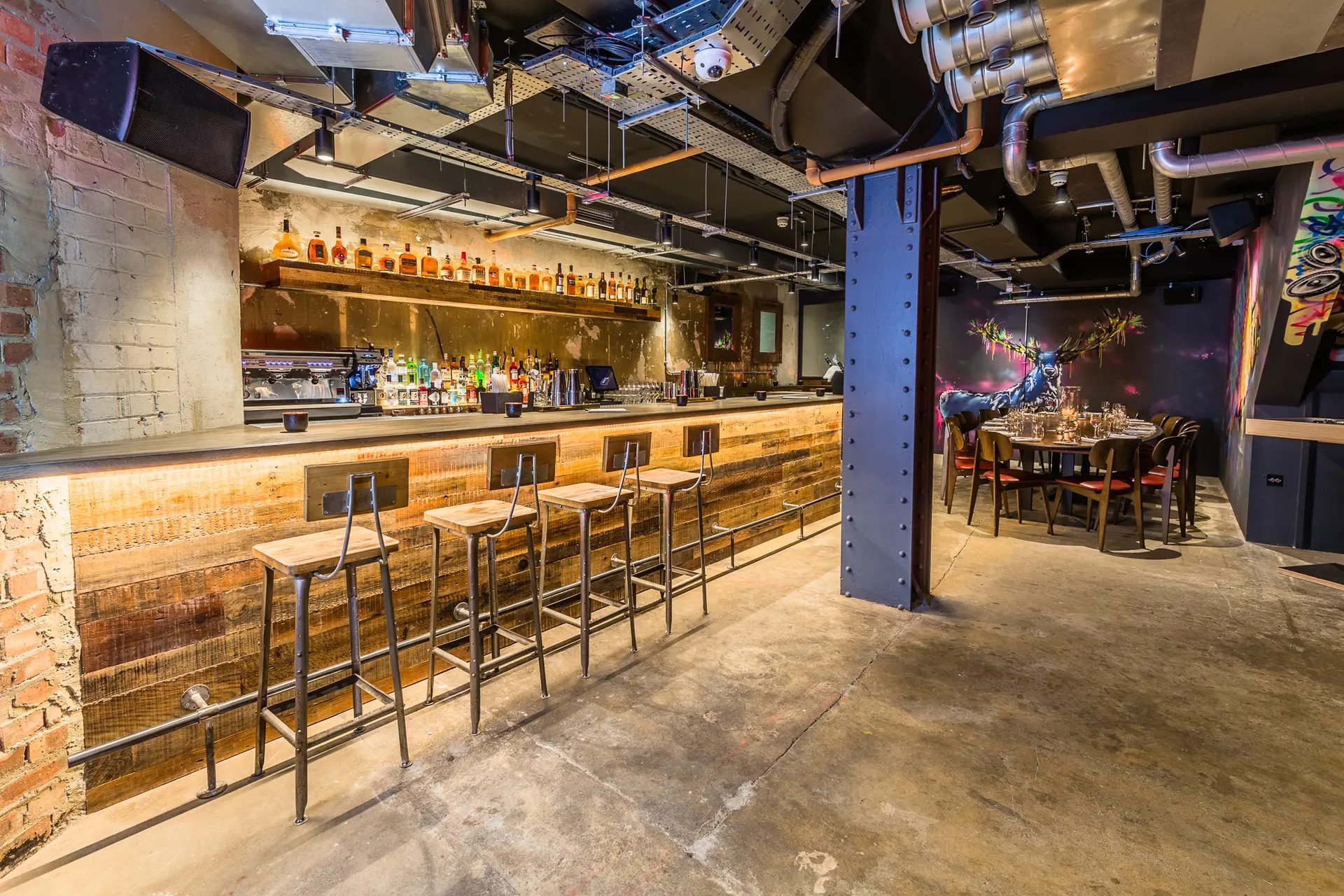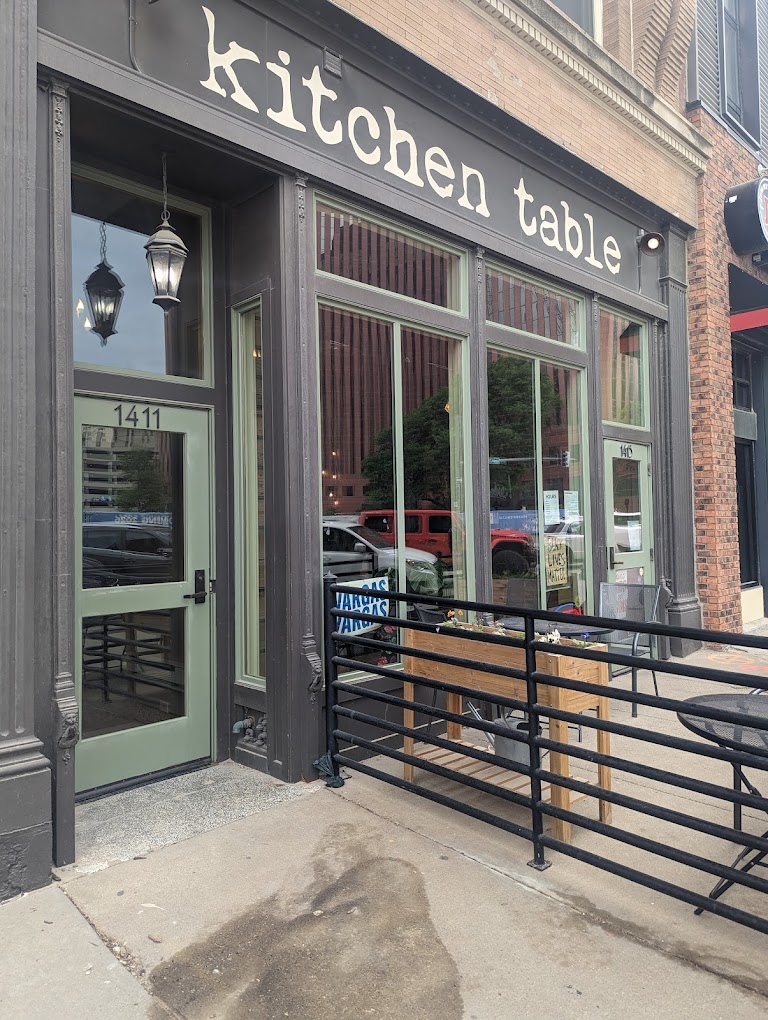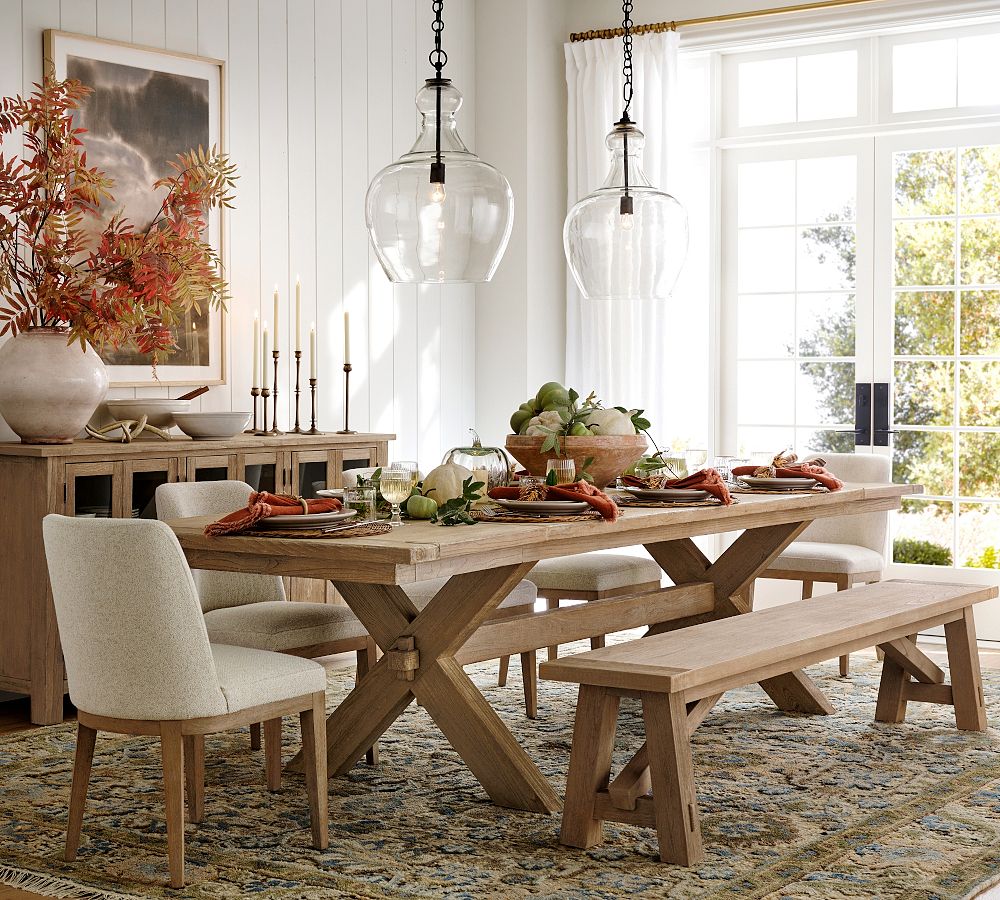Dining etiquette helps create a pleasant mealtime experience for everyone at the table. Certain behaviors are considered polite and appropriate, while others are deemed rude or unacceptable in formal dining settings. What type of behavior is acceptable at the dinner table ?Here are comprehensive guidelines on proper etiquette and which types of behaviors are acceptable at the dinner table:
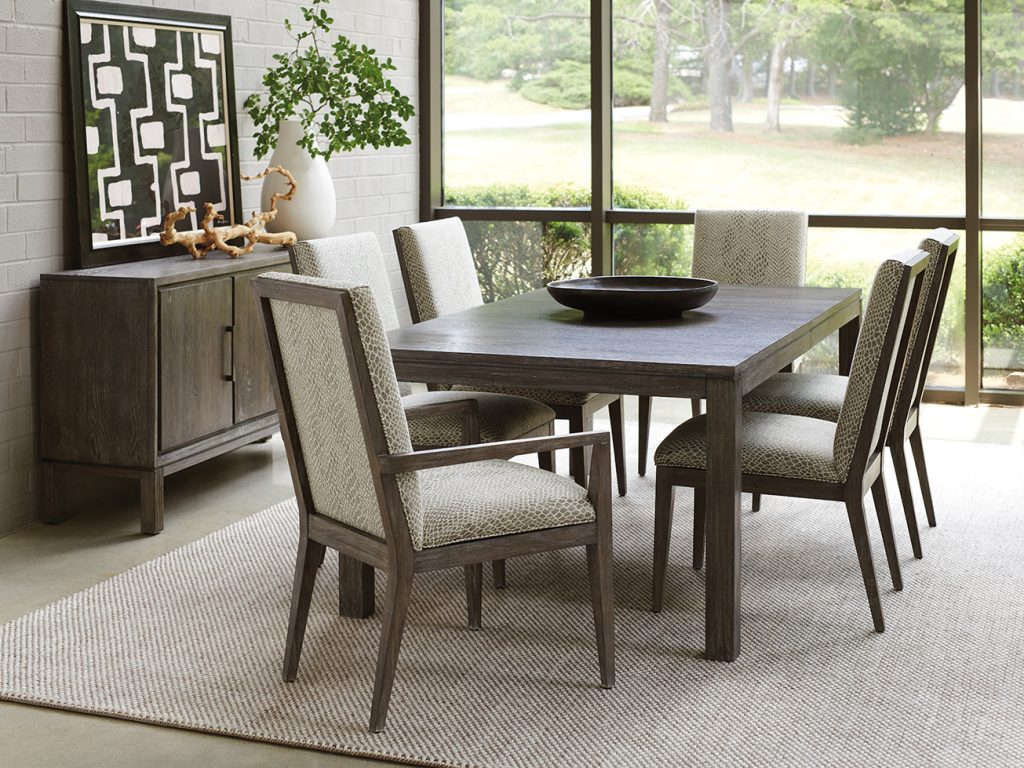
Engaging in Polite Dinner Conversation
Polite conversation helps include all guests and sets a positive tone. Some best practices:
- Speak at a moderate volume to involve others sitting nearby. Shouting excludes people.
- Avoid overly controversial or insensitive topics like politics, religion, graphic content, or personal finances. Keep it light.
- Make frequent eye contact and face the person speaking to show interest and attentiveness.
- Listen considerately when others are speaking and do not interrupt. Avoid side chatter.
- Offer thoughtful comments and questions to keep conversation flowing smoothly.
Maintaining an appropriate, inclusive conversation makes guests feel welcome and comfortable.
Exhibiting Proper Table Manners
What type of behavior is acceptable at the dinner table ?
Basic dining manners prevent messy, disruptive eating:
- Use utensils properly – cut food pieces small enough to chew with mouth closed. Keep elbows off the table.
- Chew with mouth closed and refrain from talking with food in mouth. Cover mouth when coughing or sneezing.
- Take small, manageable bites and sip liquids slowly. Avoid gulping or slurping noises.
- Use a napkin frequently to dab or blot mouth and fingers. Keep napkin on lap when not in use.
- Say “please” and “thank you” to servers or when passed food or condiments.
Following proper etiquette keeps dining refined and pleasurable for all.
Maintaining Respectful Interactions
Respect fellow diners’ space and needs:
- Wait until all guests have been served before beginning to eat or drink.
- Politely pass dishes and condiments when asked. Offer to others before serving yourself.
- Avoid reaching over people. Instead, kindly request items be passed to you.
- Include everyone in conversation. Avoid inside jokes or excluding certain guests.
- Push chairs back and excuse oneself if leaving mid-meal so others can easily exit.
These courtesies make everyone feel valued and comfortable.
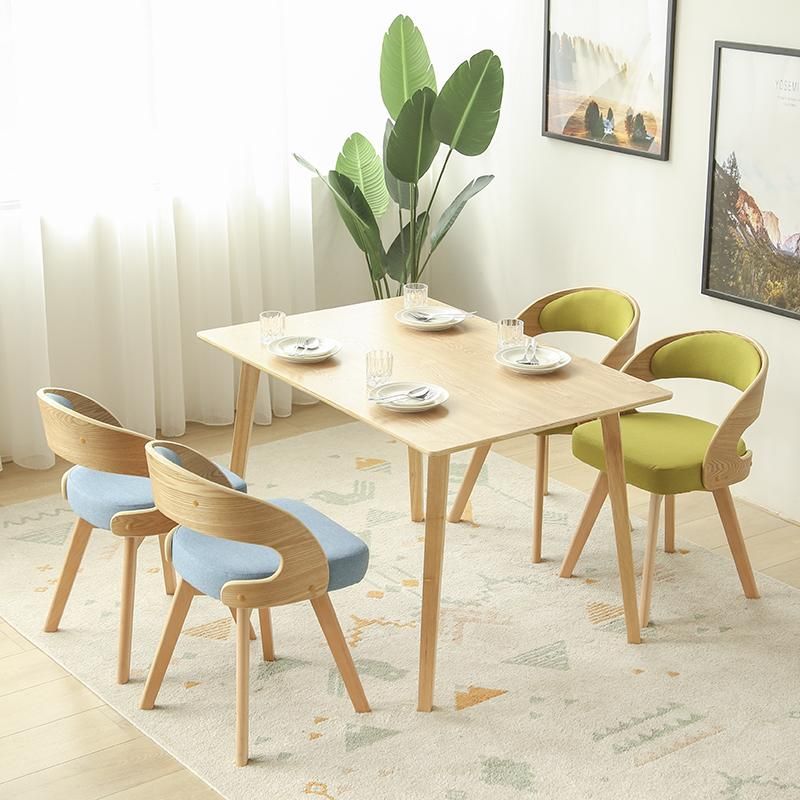
Avoiding Unacceptable Behavior
Certain disruptive behaviors should be avoided, including:
- Yelling, arguing, or using offensive language. Keep volume and language appropriate.
- Insulting or criticizing food, restaurant staff, or fellow diners. Refrain from complaints.
- Allowing unruly children to disturb others. Take loud kids outside until settled.
- Answering calls, texting, or using phones during the meal. Focus on dining.
- Overdrinking alcohol, becoming loud, belligerent, or rude to others. Drink responsibly.
These behaviors detract from others’ enjoyment of the meal. Diners should be cognizant of how their conduct affects the group and adjust accordingly.
Following basic codes of respectful conduct allows everyone to fully enjoy their dining experience. Exhibiting good manners sets a welcoming tone for a special evening focused on good food, lively conversation, and memorable company.

